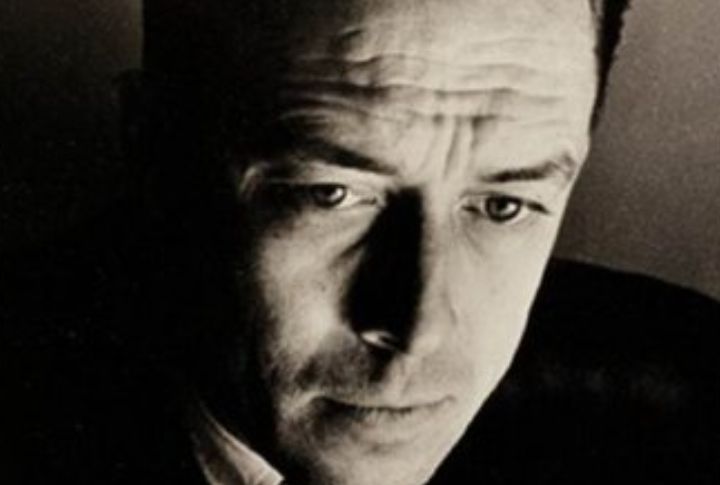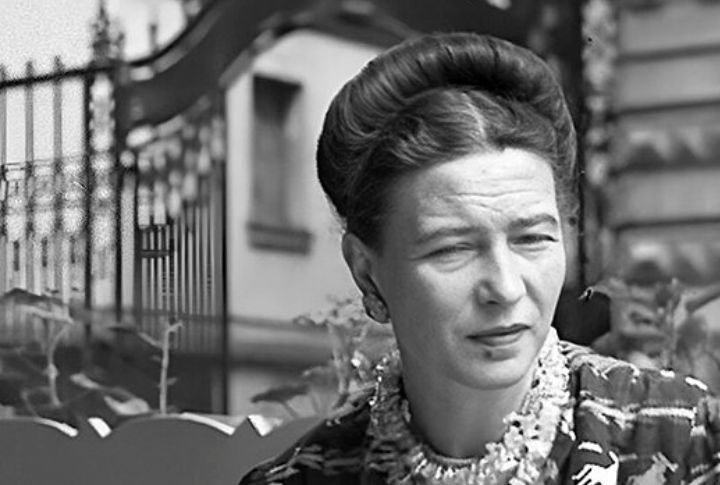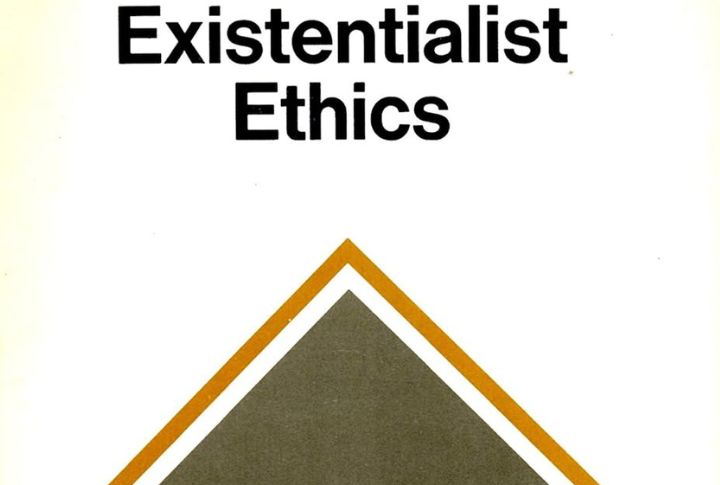
Life doesn’t come with a user manual, but that hasn’t stopped people from trying to write one. Some say it’s all up to you. Others shrug and laugh at the cosmic joke. Then there are those who swear there’s nothing to get. Let’s dive into the disagreement.
Soren Kierkegaard’s Leap Of Faith

Soren Kierkegaard, a 19th-century Danish philosopher, introduced the idea of the “leap of faith.” He believed that reason alone couldn’t fully explain religious belief. Through his writings—often using fictional voices—he explored doubt, despair, and belief, ultimately arguing that true faith requires a personal, passionate commitment without guarantees.
Nietzsche’s Will To Power

Nietzsche’s “Will to Power” describes the inner force that drives individuals to grow, assert control, and define their own path. He rejected inherited values, famously declaring, “God is dead.” Even after going blind, he kept writing, pushing readers to question tradition and discover meaning through personal strength and creativity.
Camus’ Myth Of Sisyphus

The image is simple: Sisyphus straining uphill, the stone destined to fall back. Yet Camus chooses to see joy there. This is absurdism, accepting life without promised meaning. A novelist and Nobel Prize winner at 44, he championed the courage to keep climbing.
Heidegger’s Being And Time

Heidegger didn’t just want to know why we’re here—he wanted to know how we exist in the world. “Being and Time” digs into that big question. It’s a tough read, sure, but it shaped how we talk about identity, choice, and authenticity. The politics? Yeah, people still argue about that, too.
Sartre’s Radical Freedom

Sartre’s philosophy centers on existential freedom—the idea that we create our own essence through choices. This “condemned to be free” view demands full responsibility for one’s actions. He even declined the Nobel Prize to avoid institutional influence and shared a lifelong intellectual bond with Simone de Beauvoir.
Camus’ Absurdist Revolt

Camus didn’t think life’s absurd side meant you should quit trying. Instead, he saw it as a reason to live more fully. No easy answers, no fake beliefs—just fierce living. He admired rebels who kept going, like Don Juan or a stage performer giving their all.
Simone De Beauvoir’s Freedom And Feminism

In de Beauvoir’s work, existentialism expanded into new territory. Her statement, “one is not born, but rather becomes, a woman,” changed discussions of gender and ethics. A philosopher and traveler, she was central to modern feminist thought and blended it with existential questions of identity and power.
Dostoevsky’s Underground Man

Before anyone used the word “existential,” Dostoevsky gave us a man stuck in his own head. The “Underground Man” isn’t a hero—he’s messy, self-loathing, and painfully aware of it. That raw honesty shaped the way future thinkers like Sartre and Camus would explore human freedom and inner conflict.
Sartre And Kierkegaard On Existentialist Ethics

What if morality came not from rules, but from the responsibility to choose well? Existentialist ethics rests on this authenticity: living true to the values one defines. Sartre fought colonial injustice through activism, while Kierkegaard tied ethics to subjective truth. Either way, they made morality deeply personal and grounded in lived experience.
Nihilism And The Rejection Of Objective Values

Nihilism argues that there is no objective foundation for truth, morality, or meaning. While often associated with Nietzsche, who warned of its dangers, the concept predates him. Following historical crises like World War I, nihilism found resonance in Western thought, particularly in existential literature and postmodern philosophy.

